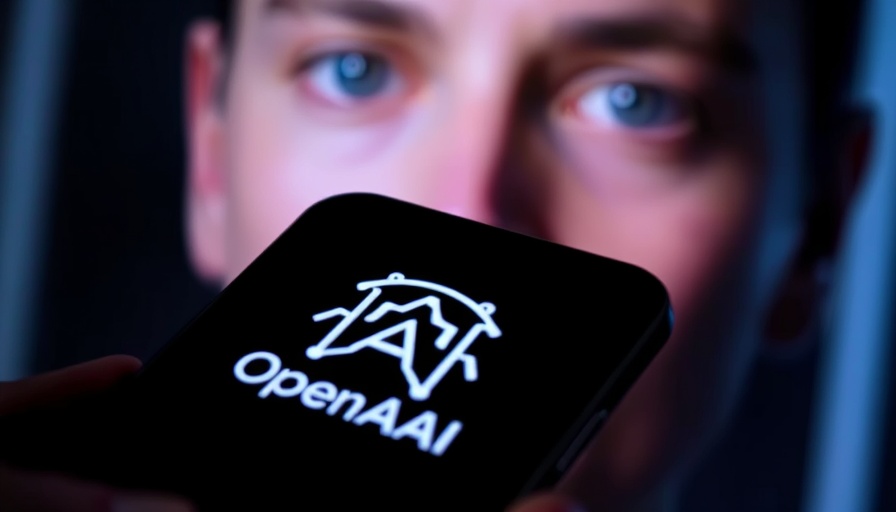
Legal Clash: Elon Musk vs. OpenAI
Elon Musk's legal battle against OpenAI has taken a significant turn, as a U.S. judge recently denied his request for a preliminary injunction. In a ruling with important implications for the artificial intelligence landscape, Judge Yvonne Gonzalez Rogers of the Oakland District stated that Musk did not meet the requirements necessary to put a pause on OpenAI's transition to a for-profit model. This ruling highlights the ongoing conflict surrounding OpenAI's objectives and Musk's intentions, as both strive for a stake in the lucrative AI market.
The Stakes of OpenAI’s Business Model
OpenAI was originally established as a nonprofit in 2015, with the mission to develop and promote artificial intelligence benefitting humanity. However, the company is now seeking to transition into a for-profit entity to secure the necessary capital for aggressive competition in the AI domain. This shift raises crucial questions about the ethical responsibilities of AI development. Musk alleges that OpenAI has deviated from its foundational mission in pursuit of profits, a contention that forms the crux of the ongoing lawsuit.
Fast-Track Trial: A Public Concern
The judge's decision to expedite the trial underscores the pressing public interest in AI governance and safety amid rapid technological advancements. Musk's legal team argues that OpenAI's actions could present potential dangers if not properly managed according to its original guidelines. The court's intention to resolve this issue quickly signifies a recognition of the wider implications AI developments could have on society.
The Rivalry Heats Up with Grok 3
Amid this legal turmoil, Musk's new AI venture, Grok 3, is poised to enter the market, positioning itself as a competitor to OpenAI's flagship offering, ChatGPT. Musk's announcement that Grok 3 is nearing launch raises eyebrows; it appears to be both a strategic move to establish a foothold in the AI landscape and a direct challenge to OpenAI's efforts. This rivalry represents not just corporate competition, but a race to define the ethical and operational frameworks of AI technologies.
OpenAI’s Response and Strategic Position
Facing accusations from Musk, OpenAI maintains its commitment to ethical AI practices and has welcomed the fast-tracked trial as an opportunity to clarify misconceptions about its motivations. CEO Sam Altman's categorical rejection of Musk's proposed buyout offers a glimpse into OpenAI’s determination not to be swayed by competitive pressures. This is emblematic of the larger trends in the AI sector where companies are increasingly defining their paths in an evolving regulatory environment.
Future Predictions: The Path Ahead
The outcome of this legal battle could set precedents within the tech industry, impacting how AI companies conduct their businesses and address ethical considerations. As the AI sector continues to burgeon, it will be critical for stakeholders to establish clear guidelines governing AI's role in society, ensuring it serves the public good without falling prey to corporate greed.
What You Need to Know as an AI Enthusiast
With the rapid evolution of artificial intelligence, understanding the ongoing dynamics between established players like OpenAI and newcomers like Musk's Grok is essential. Observing these interactions can provide insights into industry standards, opportunities for innovation, and ethical considerations driving the future of AI technologies. It's a landscape where your knowledge as an AI enthusiast will become increasingly crucial.
As the courtroom drama unfolds, stay tuned for updates on how these developments may impact your interests in artificial intelligence. Are you prepared to navigate the implications of such high-stakes competition in an industry that is far from stagnant?
 Add Row
Add Row  Add
Add 




 Add Row
Add Row  Add
Add 

Write A Comment